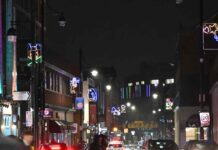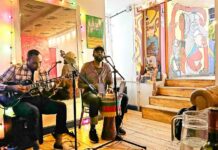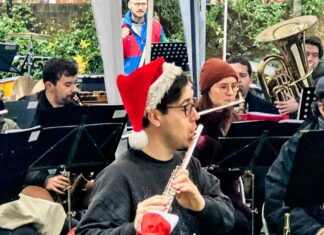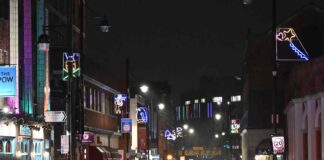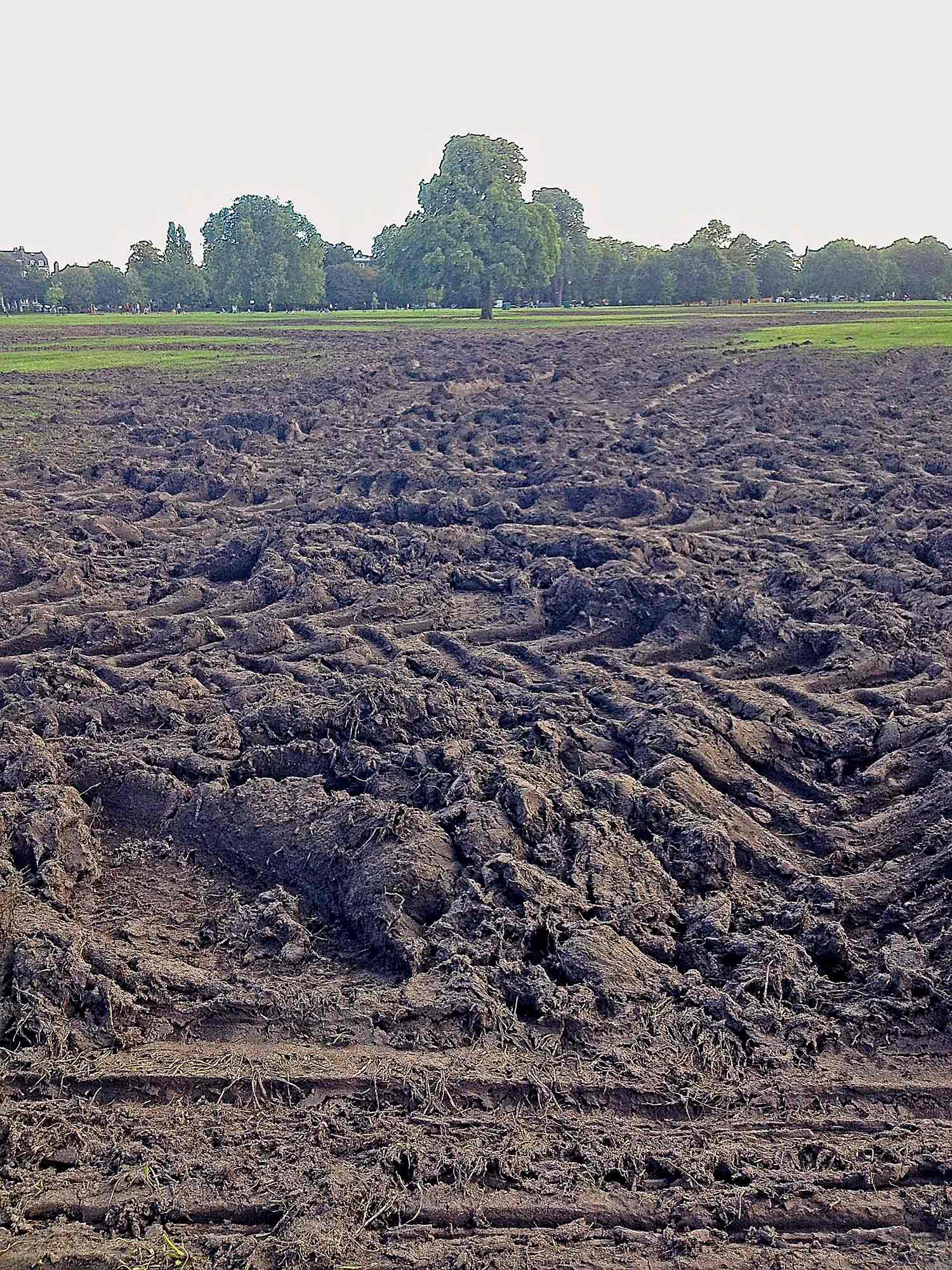
The Open Spaces Society has warned that commons and open spaces in Lambeth, London and across the country are under increased threat from commercial exploitation after a public inquiry approved a “massive music festival” on Clapham Common.
The society, a charity founded in 1865, deplored the decision by solicitor Rory Cridland, an inspector appointed by the Secretary of State for the Environment, Food and Rural Affairs, to permit a Festival Republic event on the common next year.
The society had joined local groups, including the Friends of Clapham Common and hundreds of residents opposing the application by Lambeth council, objecting to damage that would be caused, loss of public access, noise and anticipated anti-social behaviour.
It said the three-week public inquiry would have been watched closely by other local authorities keen to generate income from open spaces which, in law, they hold in trust on behalf of the public.
“Lambeth and other councils will see it as giving a green light to further destructive development,” the society said.
It said the so-called “events area” on Clapham Common had suffered “severe degradation” over the years from large festival events, with the ground being severely churned up and compacted by vehicles, tens of thousands of festival goers, and large structures.
Lambeth Council said such events are vital to the life of the borough, played a part in the recovery from the Covid epidemic and boosted local businesses.
Part of Clapham Common will be be closed to the public during the event, as well as during build and derig periods – a total of 19 days over the summer.
“Worse still,” the society said, “past experience shows that a large area of the common has to be cordoned off for many months in attempts, often futile, to allow the ground to recover.”
It said that, despite clear evidence before the inquiry of previous extended closures, the inspector judged that that “any additional restrictions are likely to be of short duration”.
He accepted that “some adverse impacts” would be caused by the set-up and removal of structures for the event, but said: “In my view, it is unlikely to result in any significant level of disturbance to those living and working nearby and would not materially impact on the interests of the neighbourhood in this respect.”
He said “it is clear that the variety of events held on the common provides opportunities for those living nearby to participate in cultural and social events which are valued by many people within the local community. These events draw people to the area, benefitting both the local community and some of the businesses within it.”
The society said that the inspector chose to disregard evidence that Lambeth was acting unlawfully by using the vast majority of income generated from events to fund its general activities.
There was “no robust evidence” that the erection of structures for the periods proposed would materially increase the levels of compaction or damage to the area “to any significant extent”. It was, in any case, “an area of low ecological sensitivity,” the inspector said.
He concluded that installing the proposed fencing and other temporary structures “would not harm the interests of persons having rights in relation to, or occupying, the land”.
He said: “I have also found that it would not have an adverse impact on the public interest in nature conservation, the conservation of the landscape or on archaeological remains or features of historic interest.”
He acknowledged that the event would result in “some adverse impacts”, including “a restriction on public access over the application site for a period of 19 days”.
But he added: “While I acknowledge these impacts would be noticeable by the local community and members of the public wishing to access the application site, particularly over the bank holiday weekend, in view of their limited duration and spatial extent, I do not consider they would be significant.
“Indeed, a sufficient area of the Common would remain available to be enjoyed by those who may wish to undertake alternative recreational activities should they so wish.
“Likewise, while I do not consider the proposal would improve the condition of the Common, I see no reason that, with suitable management processes in place, the condition of the application site, and indeed the Common more widely, would not be maintained.”
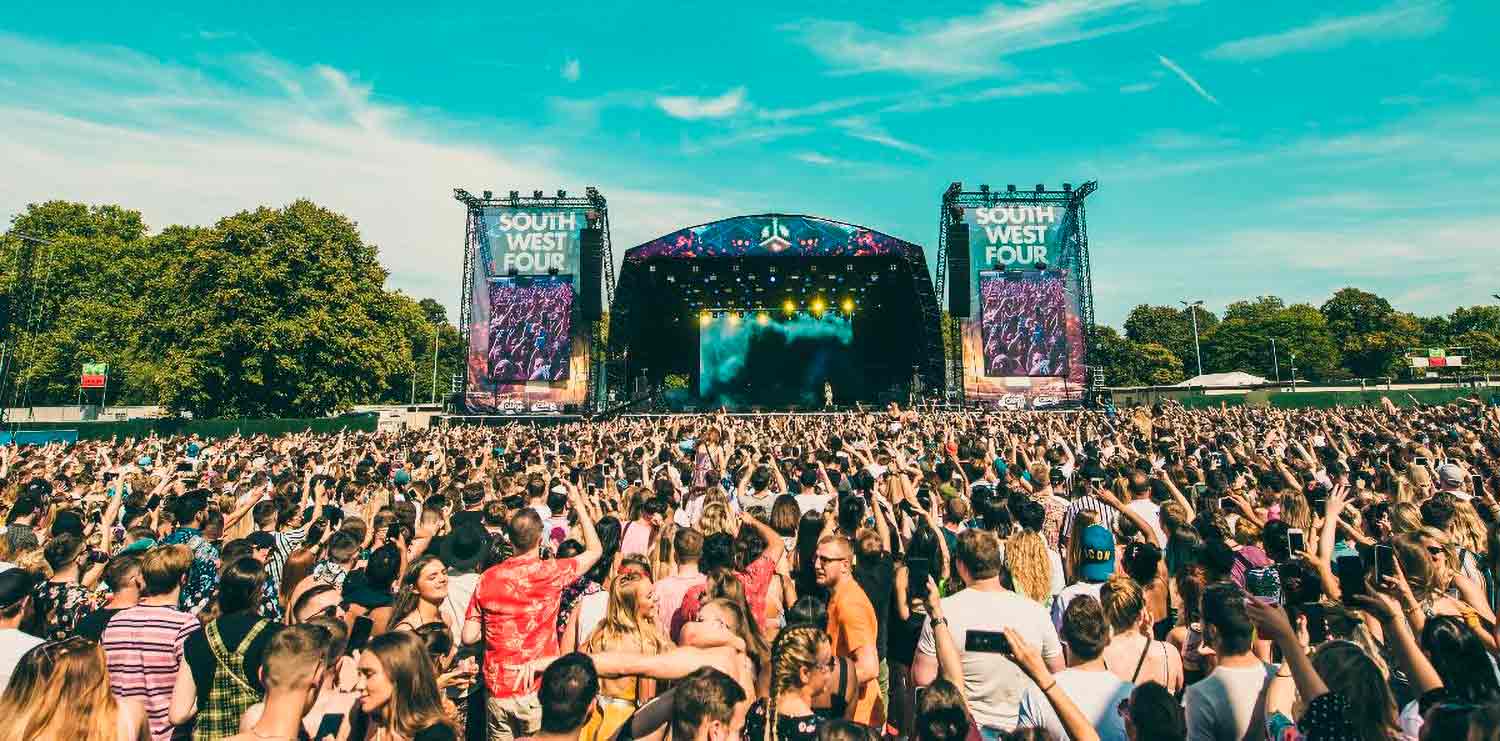
Hugh Craddock, an Open Spaces Society case officer, said that, while there is a long tradition of urban commons hosting events such as circuses or travelling fairs, the Festival Republic event is “of a scale, duration, character, and impact which is wholly inappropriate to common land”.
It has the largest impact of several events that take place on the common each year, “yet the inspector failed to take into account the cumulative effect in restricting the public’s access to and use of the common”.
The inspector had said that the application before him concerned structures to be erected on the common and not the noise and disruption arising from the event which, he said, was a matter for the council as licensing and planning authority.
The society’s correspondent for Lambeth and Wandsworth, Jeremy Clyne, said: “Local residents and users of Clapham Common will be bitterly disappointed by this decision, after huge efforts to oppose the application”.
He said it raised questions over the ownership of commons and open spaces by local authorities “anxious to abuse them for financial gain”.
Lambeth council was using powers under 56-year-old legislation to allow concerts and entertainments in parks and open spaces, Clyne said.
“I doubt that those who drafted this law had in mind the kind of massive commercial events now being held. It is time for this law and its application to be reviewed.”
Cllr Donatus Anyanwu, Lambeth council cabinet member for stronger communities, leisure and sports, said: “Music events have been held on Clapham Common for decades and are part of our local cultural scene, so we are proud to continue that tradition. events like these are vital to the life of our borough and have played an important role in our local economic recovery, particularly since the Covid-19 pandemic.
“They have also generated much-needed income to help fund vital services, as well as improvements to all our parks and green spaces.
“But we are committed to continuing to work closely with our residents to make sure that all these events are well-managed and sustainable, while also causing the minimum possible disruption to the people living closest to them.”
The public inquiry into the Clapham Common event took place in June. The application was made by Lambeth council under article 12 of the Greater London Parks and Open Spaces Order 1967.
In October last year a Local Government Ombudsman report ruled that Lambeth council had been wrong to allow a Festival Republic event on Clapham Common in 2021 to go ahead when the Planning Inspectorate had not completed its deliberations and that it should apologise for allowing it to go ahead without permission from the secretary of state for levelling up, housing and communities.
No festival was organised this year because of the length of the decision-making process involved.

